Book a CPD
RIBA approved Beplas CPD: Principles of Surface Protection
Official Partner
Design and Specification of Hygienic Environments
The CPD discusses the requirements of various building types, and how optimal specification and holistic approach to hygienic surface design and specification is essential in meeting business needs, ensuring public confidence and preventing spread of disease.
During the course of the CPD health and hygiene are considered, alongside correct certification as well as the benefits associated with single sourcing and importantly the sustainability of materials and how the choice of material can be effective in reducing Co2 emissions.
In this CPD we aim to cover the following points:
- Understanding the context of hygiene in public spaces in the context of recent catastrophic global infections.
- An overview of hygienic environments, systems, and the associated benefits.
- Sector application criteria across industries and building categories including reference to relevant legislation and applicable standards.
- Reflection on the complexities and analytical thinking around material choices and circular economy.
- Types of product and details used in their application.
By the end of this CPD delegates ought to know:
- The criticality of considering public health and safety in different building environments - especially in the context of global infection crises.
- An appreciation of the systems and products available and care needed in ensuring hygienic design continuity.
- The importance of careful consideration material choices in public hygiene - performance, maintenance and sustianability.
- An understanding effective specification choices in a complex building procurement environment.
RIBA Core Curriculum: Design, construction and technology
Knowledge level: General Awareness
Principles of Surface Protection
This CPD will discuss interior surface materials using the Servant and Served principle. Topics covered include an explanation of the Servant and Served principle, the need for an effective surface materials strategy, antimicrobial and hygienic surface materials, installation techniques and seamless jointing, and sustainability. By the end of the CPD you should have a greater understanding of:
- The Servant and the Served principle
- The benefits of single source supply and material requirements for different areas
- How antimicrobial and hygienic materials work
- Environmental impact and the processes used to mitigate this impact during manufacture and delivery
This CPD can be delivered to you live and remotely.
RIBA Core Curriculum: Design, construction and technology | Health, safety and wellbeing
Knowledge level: General Awareness
The Future is Lightweight Recyclable Products
The future of construction must focus on lightweight, easily recycled products. To meet the RIBA 2030 Climate Challenge and reach net zero, we need to find ways to use less energy, fuel and specify materials that support the circular economy and demands for a sustainable future.
Lightweight materials have impacted the evolution of our built environment and will continue to do so. The CPD gives a comparative overview of common surface finishes and ask questions about our current specification choices, against the legislative, maintenance and technical background.
Weight has a major impact on the use of energy in transportation at all stages of the supply chain. Using lightweight materials leads to fewer site operations, improved efficiency in the construction process, reducing carbon and pollution.
Perfect for residential, hospitality, leisure, and commercial applications, lightweight products come in a wide range of colours and textures that can be recycled up to eight times, offering a sustainable, attractive finish that doesn’t cost the earth.
RIBA Core Curriculum: Design, construction and technology | Sustainable architecture
Knowledge level: General Awareness

 NBS Specification
NBS Specification Book a CPD
Book a CPD